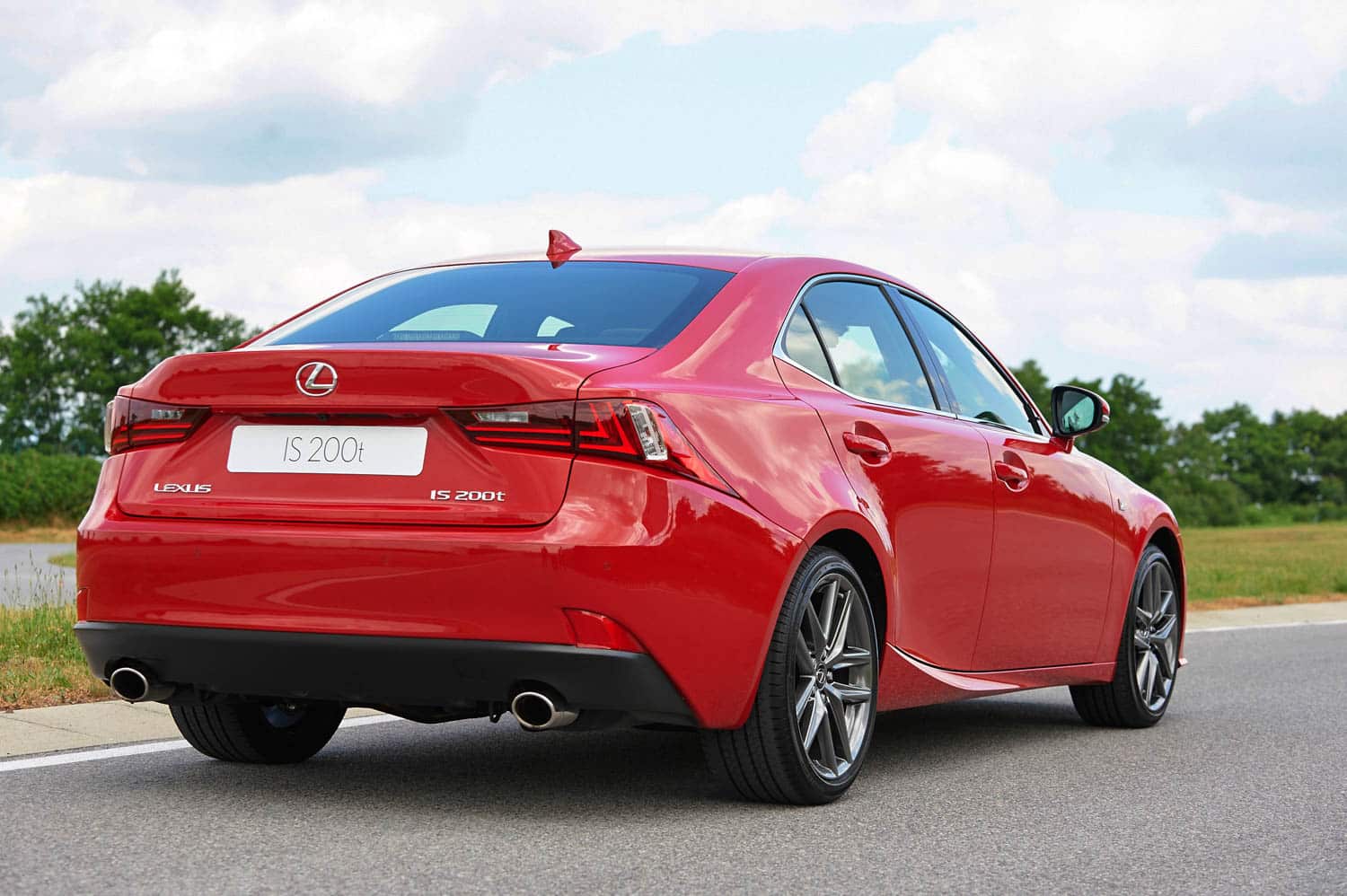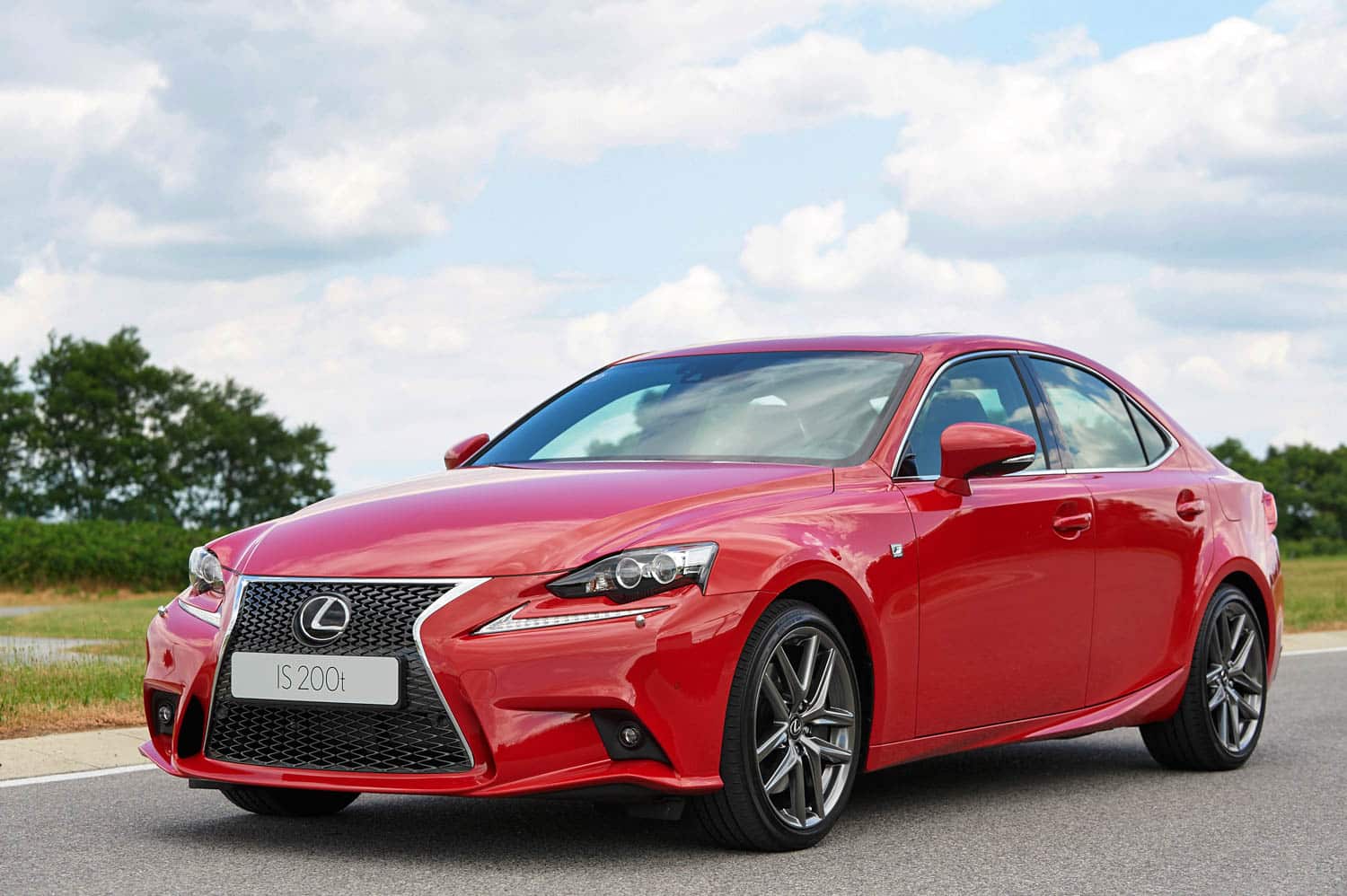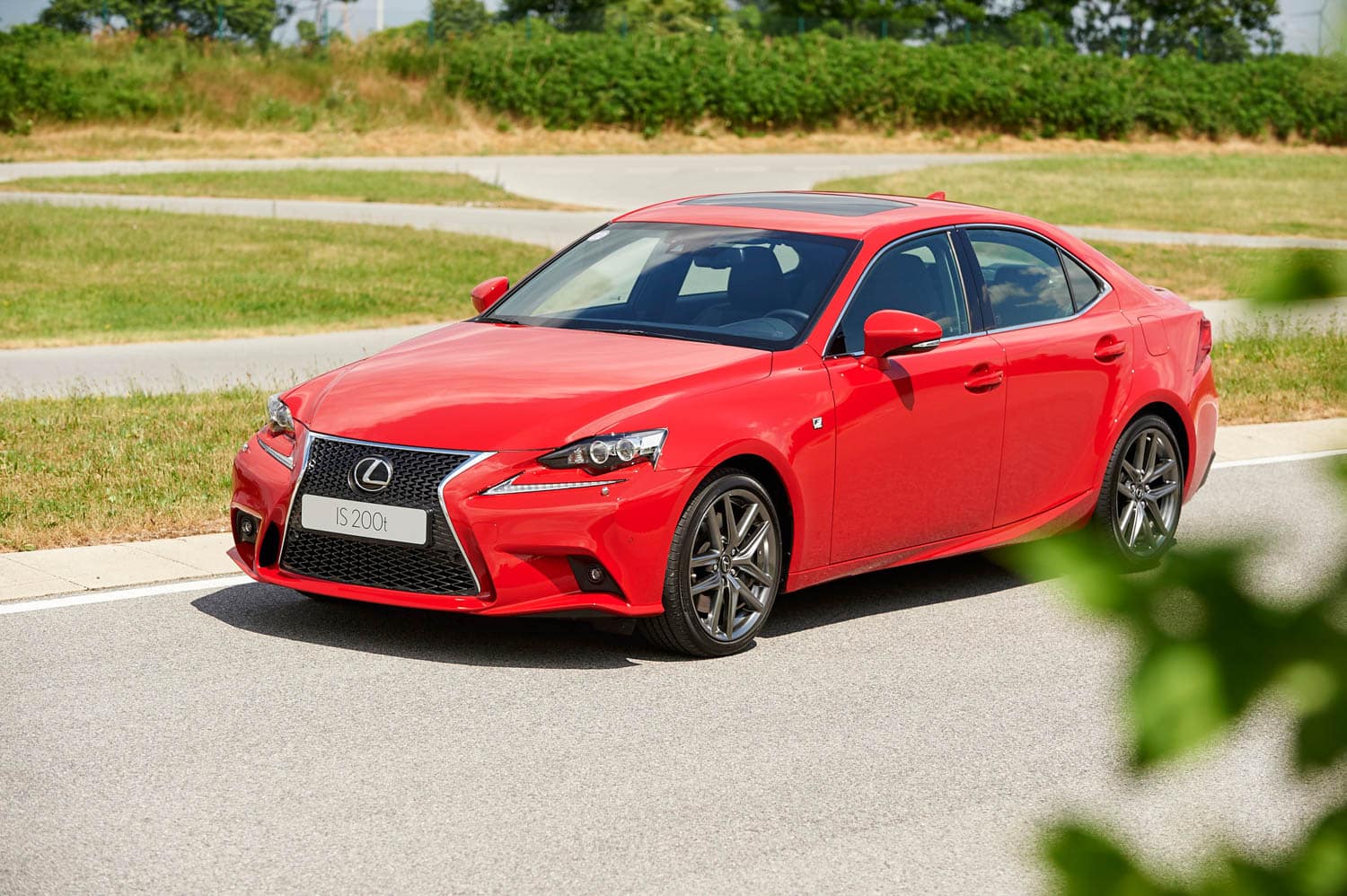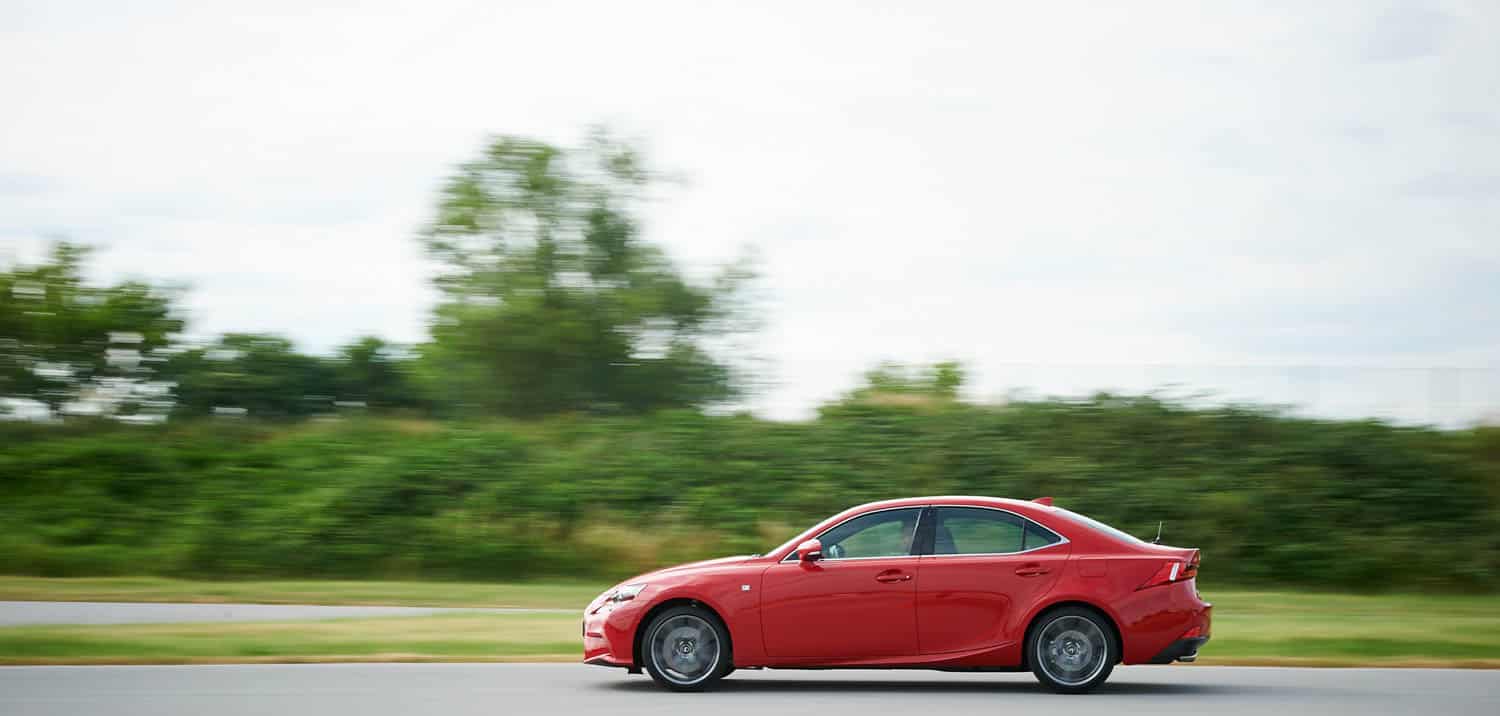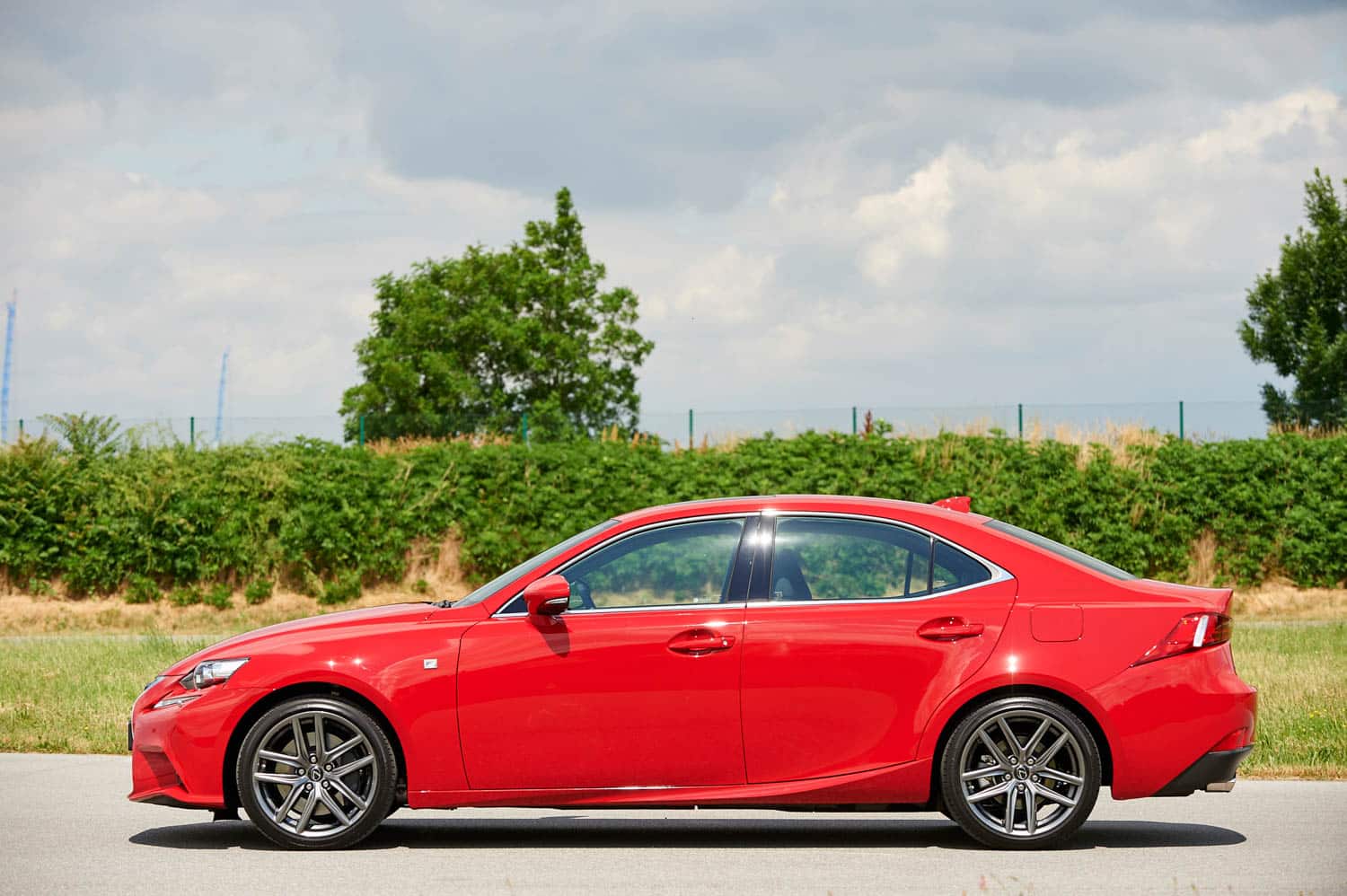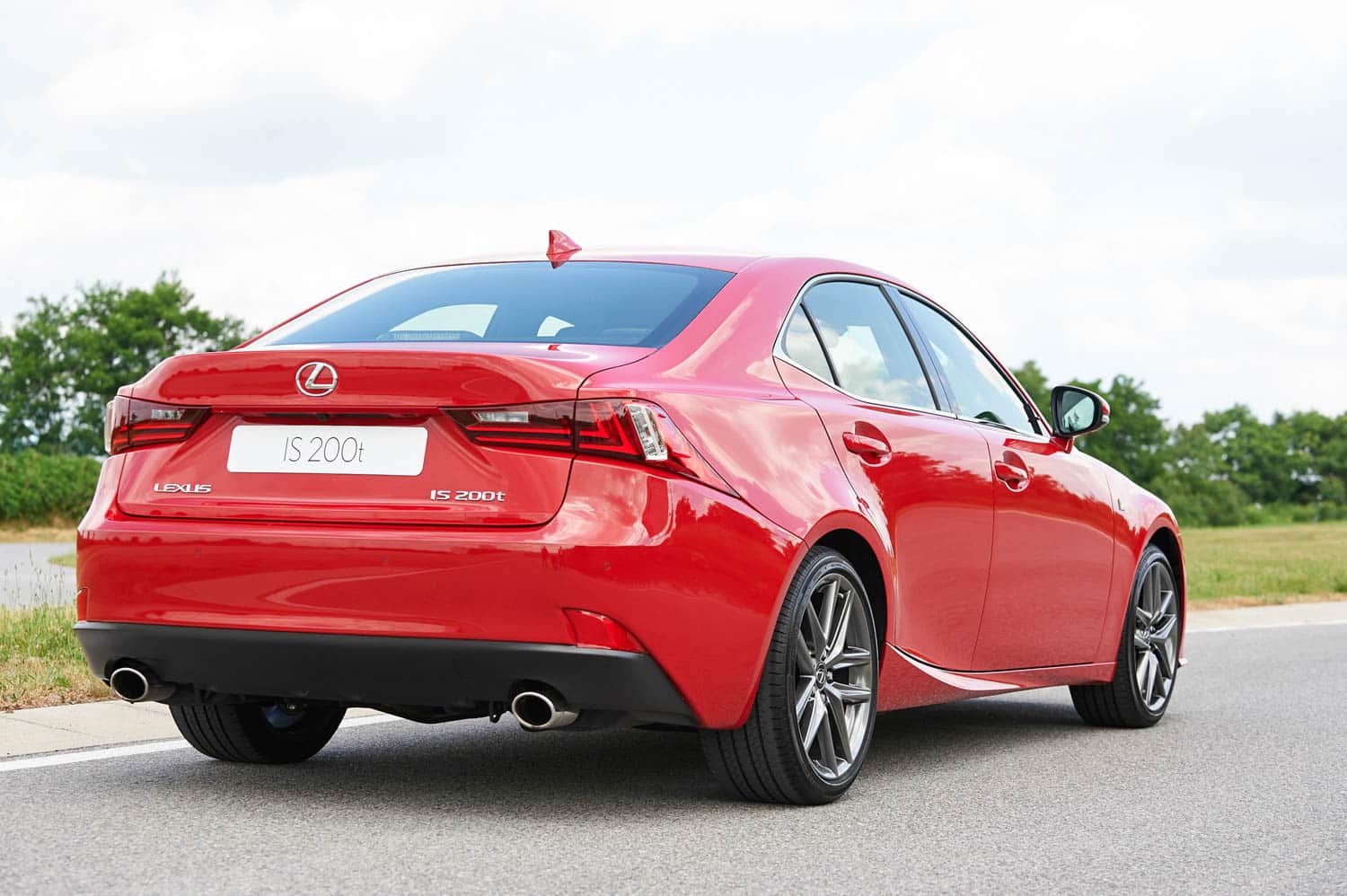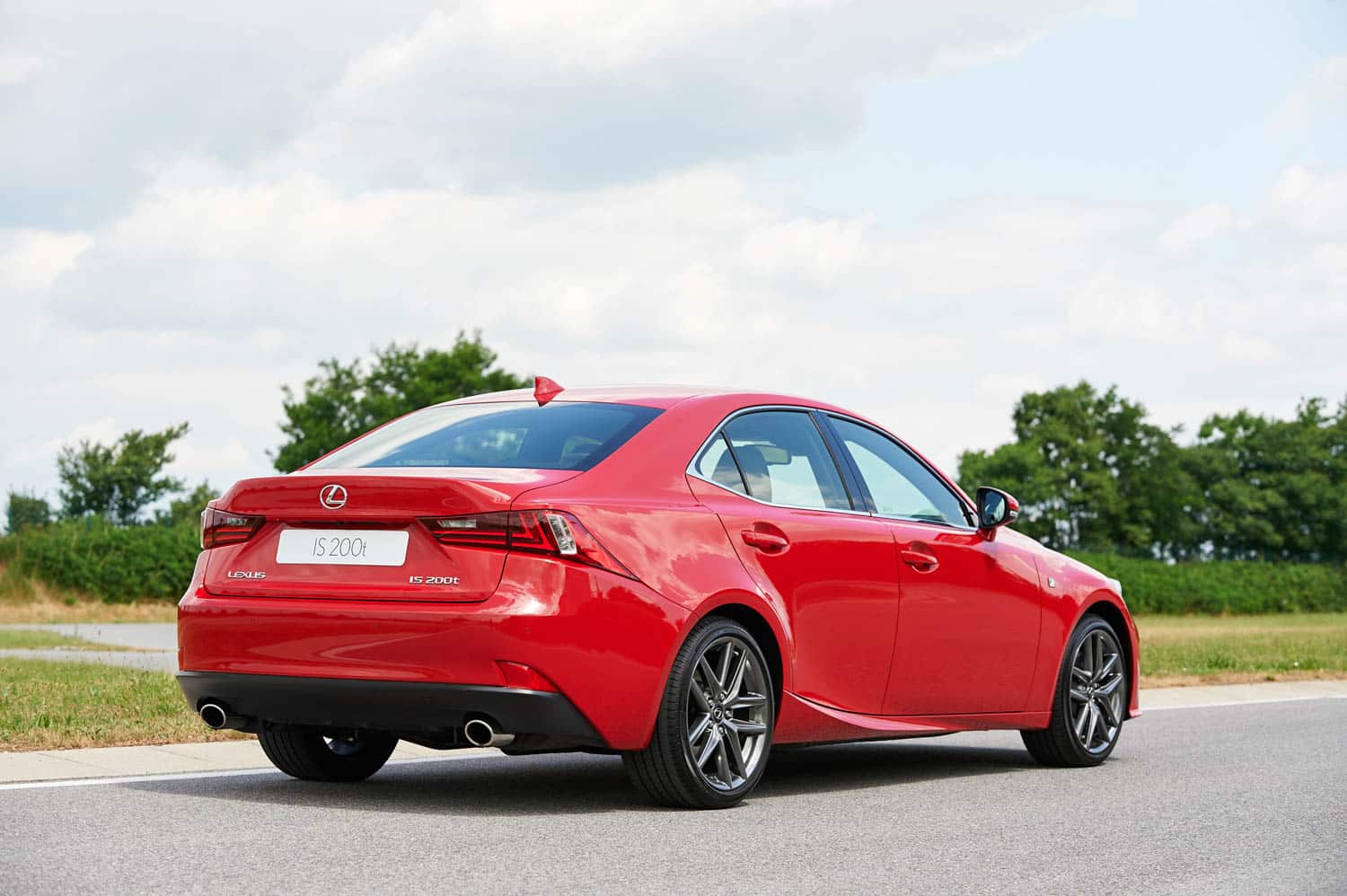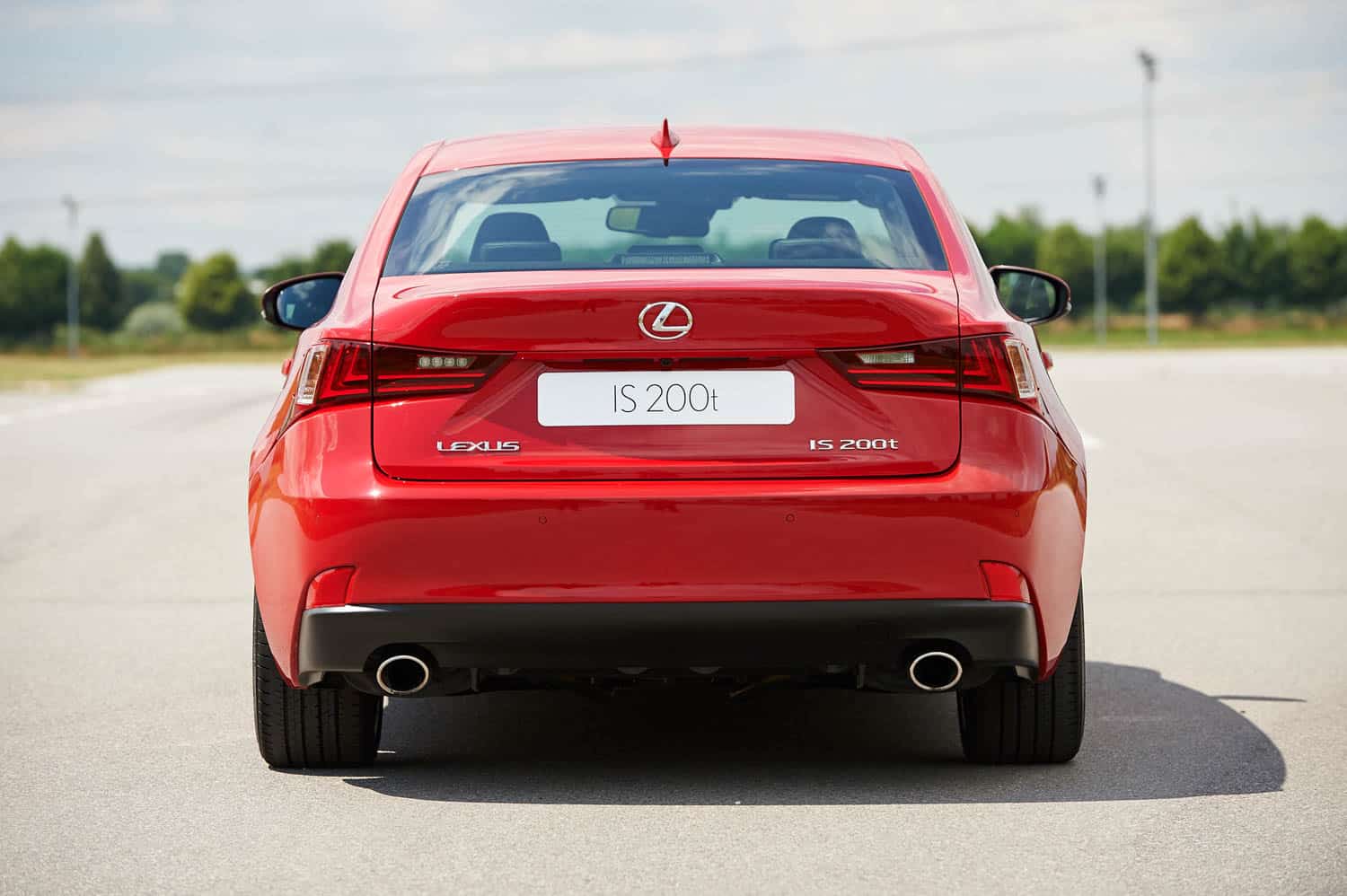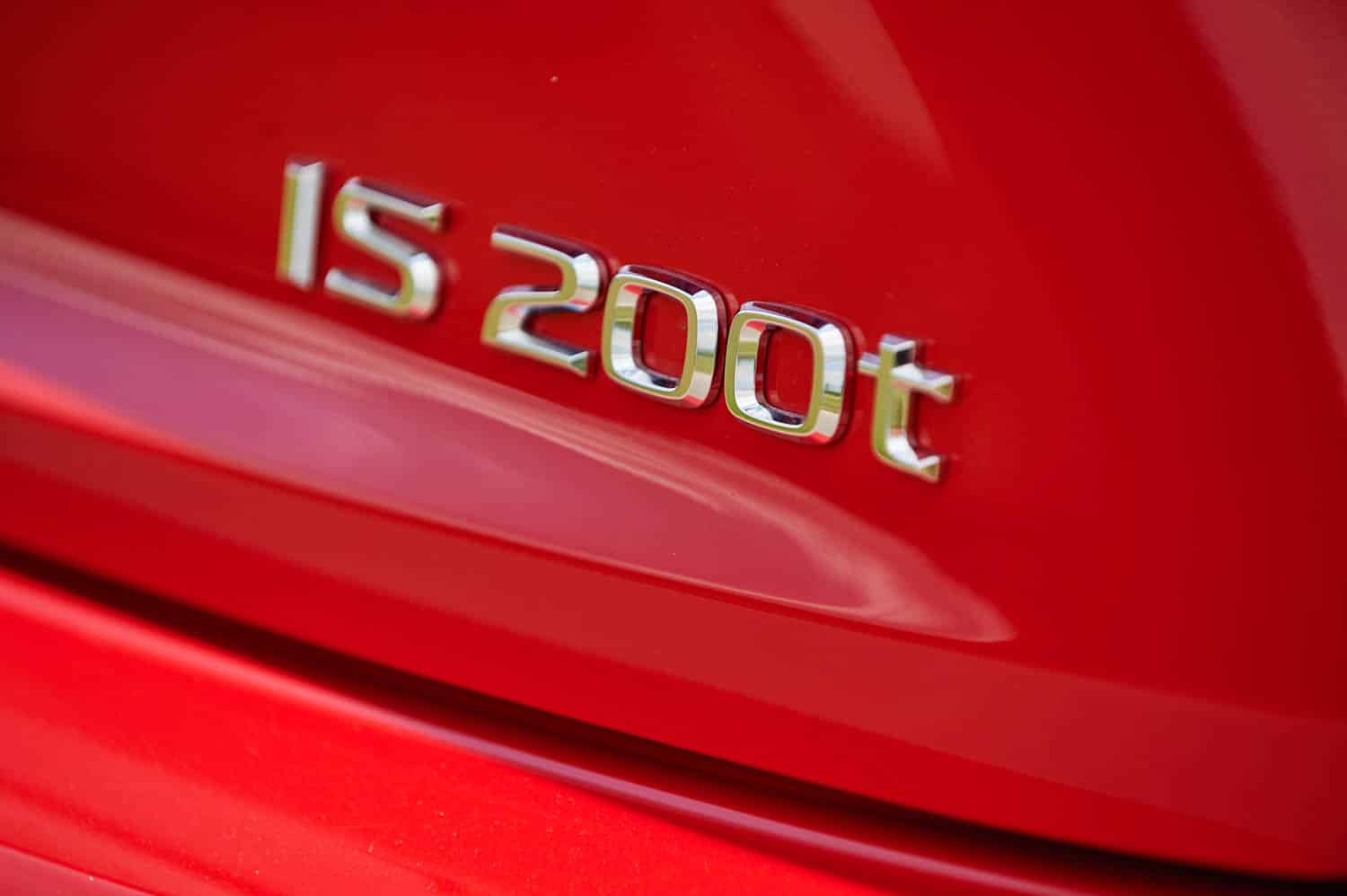There’s a common trend happening the world over; vehicle manufacturers are swapping out their large-capacity V-configuration engines and replacing them with smaller-capacity turbocharged examples. Lexus are the latest to join the party with their upcoming IS 200t.
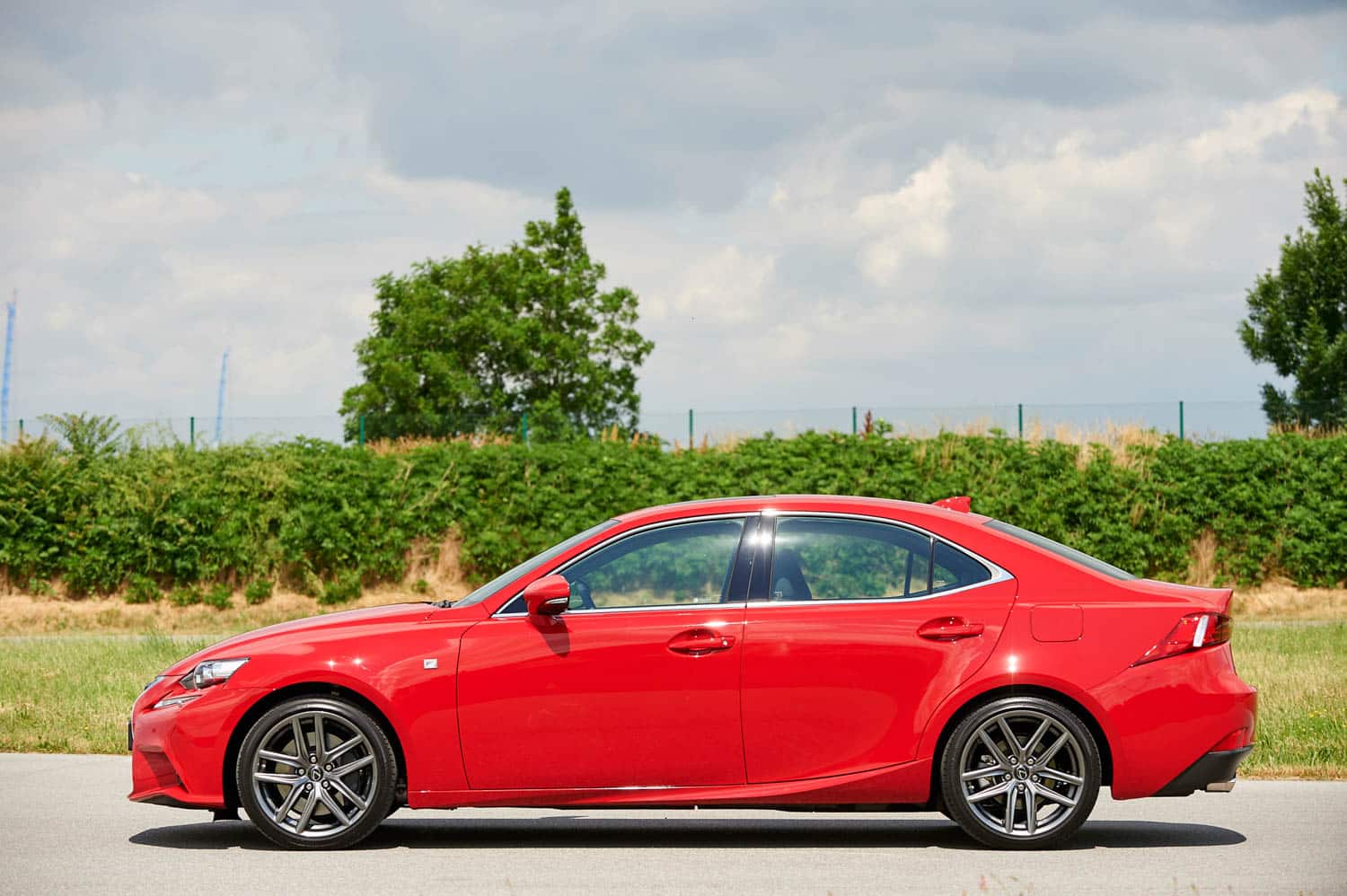
OK, so I may have lied a little bit. Lexus already run a turbocharged engine in their recently launched NX 200t compact SUV, but that doesn’t interest us much. What does in fact interest us is that the IS 200t will be replacing the already popular IS250.
Following the success of the 2000cc turbocharged engine in the NX 200t, Lexus thought it would make sense to put the same engine into the IS 200t, but with more power. The move to a turbocharged engine was made as it has been proven to produce more power, whilst remaining more efficient at the same time — something that vehicle manufacturers have been working on for a very long time now.
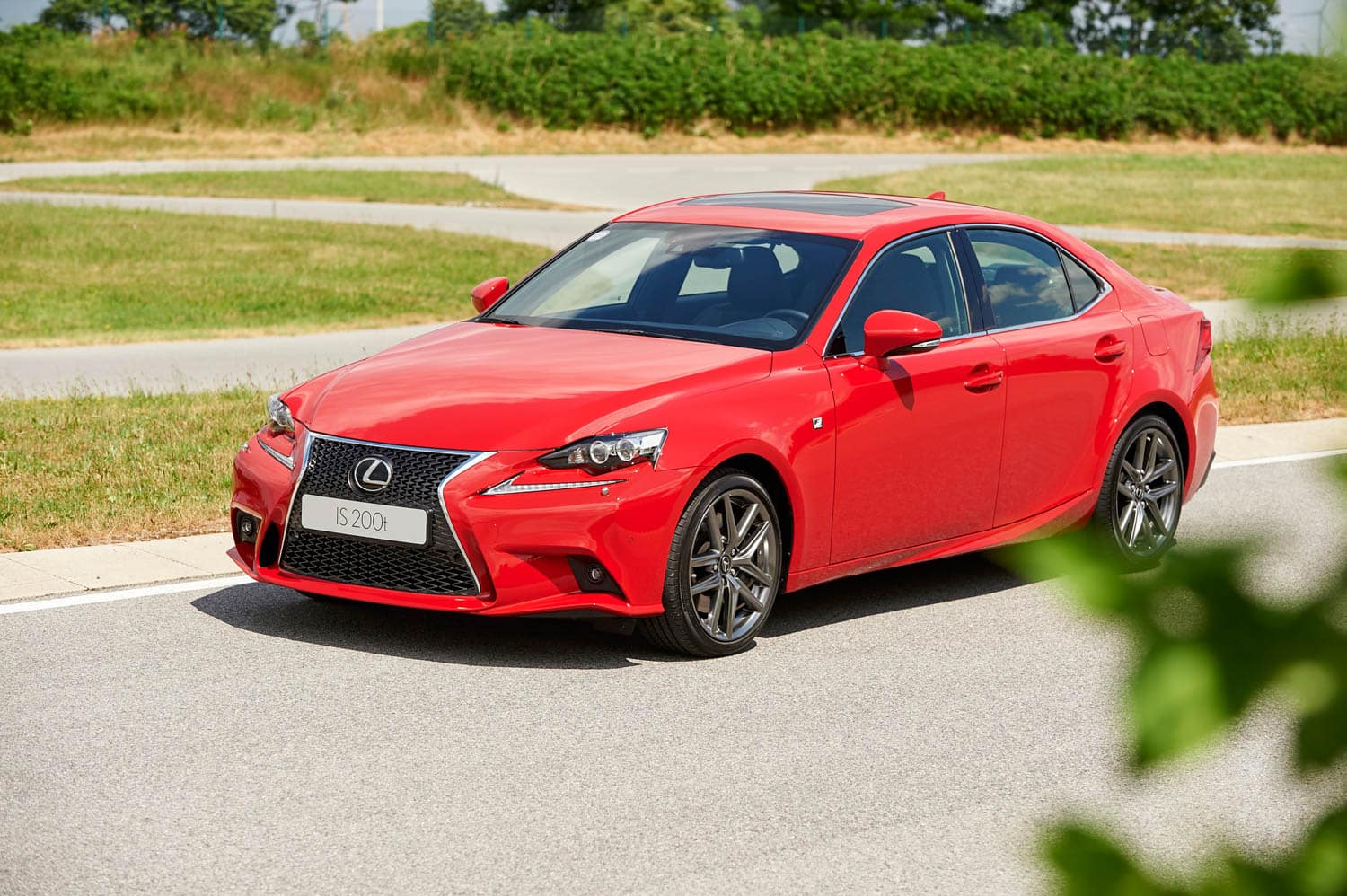
In the past, turbo engines were always known to drink well above their weight. So what has changed in recent times? Lexus has some serious wizardry going on now with their highly developed VVT-iW. Lexus, and parent-company Toyota, have been using VVT-i for years, but they now have the technology to switch between Otto and Atkinson fuel cycles to best enhance fuel economy — and power.
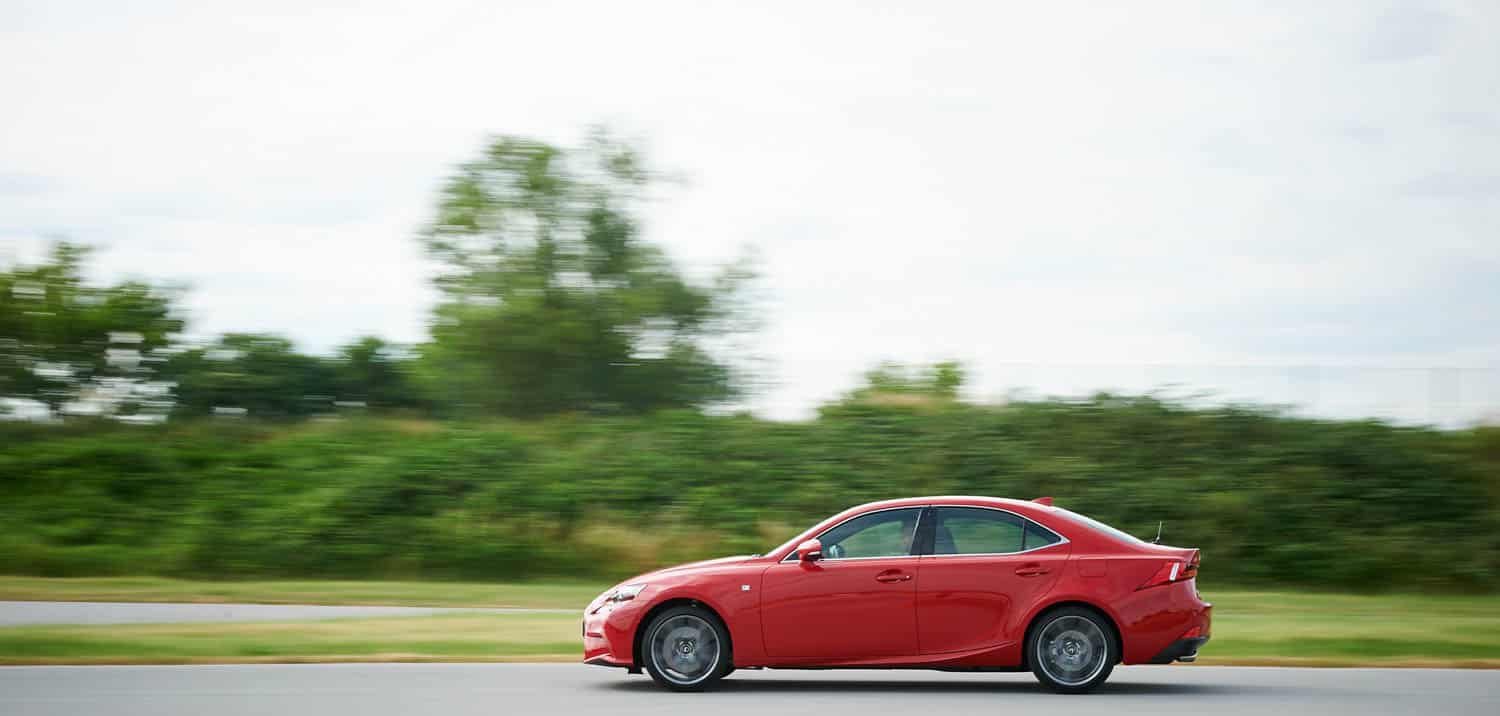
The IS 200t won’t be a world- beater, but if you look at the specs there’s no doubt it will have potential — as most turbocharged fuel cylinders of this era do. The two-litre will deliver 180kW of power and 350Nm of torque, which is decent power considering it isn’t actually aimed at the performance market. What gets me most excited, however, is the use of a twin-scroll turbo and water-cooled cylinder head. With a twin-scroll unit, we know straight off the bat that the IS 200t will have almost instantaneous boost response and a wide torque band.
The Lexus also gets a new transmission. Now featuring eight gears, the sport direct shift gearbox is one clever piece of kit, and should transform the feel of the Lexus during spirited driving. Lexus tell us, “The transmission also shifts in accordance with G-forces. It automatically downshifts during hard braking before a corner, holds a lower gear through the turn for best control, and then selects the most suitable gear on exit to provide greater throttle response.”
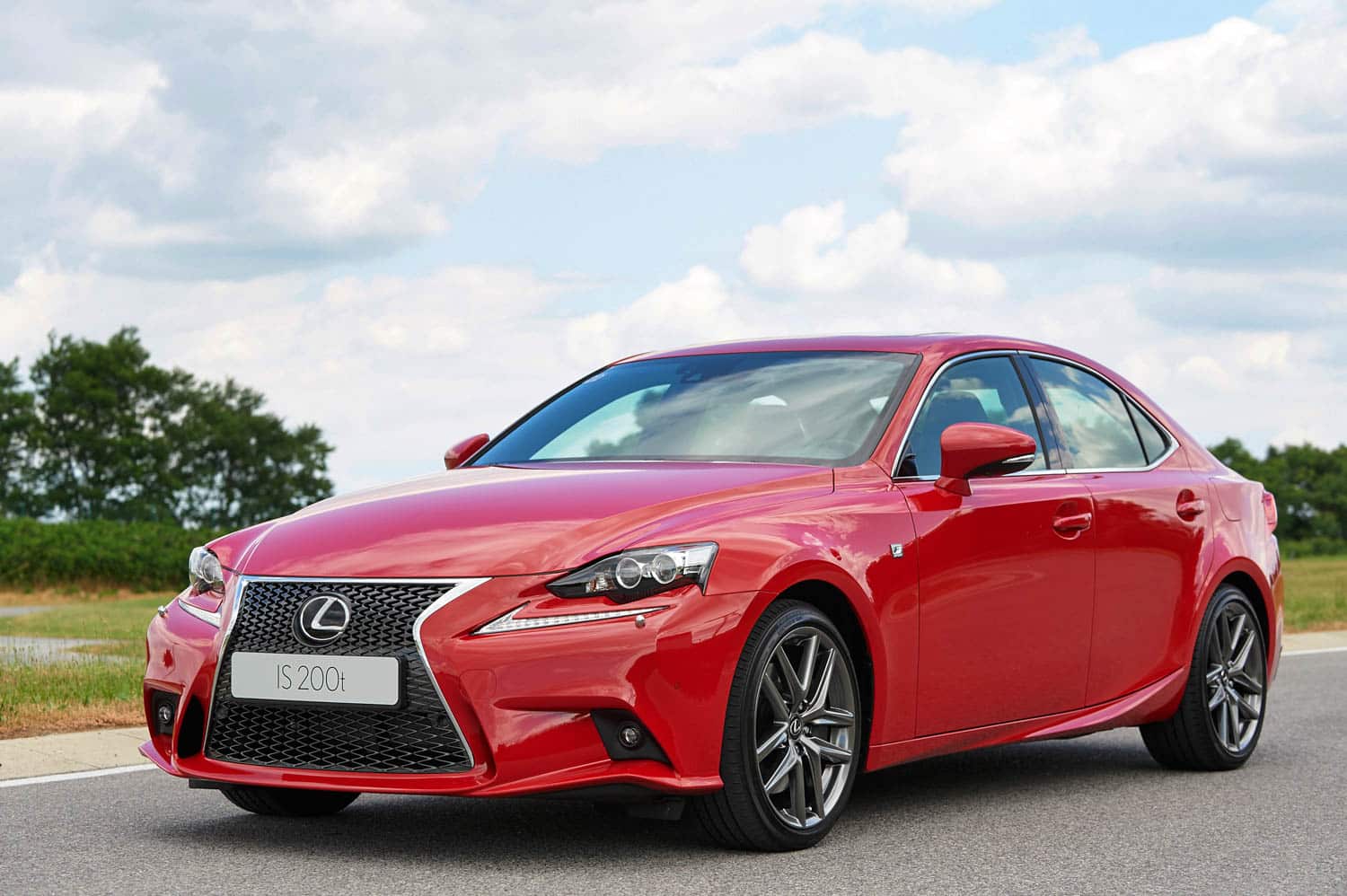
These are exciting times for tuning enthusiasts all around the world. It seems as though manufacturers are spending the big dollars developing extremely potent turbo packages for their vehicles, leaving huge potential, and making it much easier at the consumer end to have it upgraded. I wonder if the Lexus RC-F (featured here) will have it’s V8 dropped in favour of something smaller with turbos? Ford seems to be doing wonders with their 2300cc EcoBoost engines, which with simple upgrades and a tune are making around 373kW (500hp). They too are using direct- injection and twin-scroll turbochargers.
The Lexus IS 200t is said to be released in 2016.





